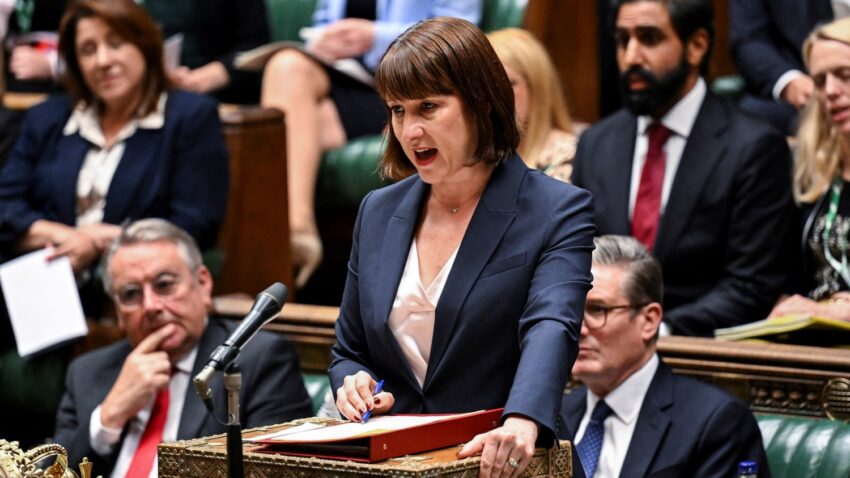Rachel Reeves is confronted with the daunting task of balancing public service funding with fiscal responsibility. The Institute for Fiscal Studies (IFS) raises concerns about an impending £25bn tax increase, warning that failure to act may lead to austerity measures.
The Institute for Fiscal Studies (IFS) has sounded an alarm regarding the potential necessity for substantial tax increases. The IFS suggests that the tax hikes will need to be nearly double those of George Osborne’s 2010 measures to fulfil public service funding promises. This warning comes amidst growing concerns over governmental fiscal policies, as Labour contemplates various revenue-raising strategies.
Measures under consideration also include the potential addition of VAT to private school fees and a more stringent levy on oil and gas companies. However, the IFS cautions that these steps, while potentially lucrative, may not suffice to safeguard public services against further reductions. This implies an inevitable broader restructuring of tax policies may be on the horizon.
Reeves also needs to consider changes to pension structures, such as reducing the permissible tax-free lump sum at retirement and adjusting inheritance rules for pension pots. These adjustments, although challenging, could contribute valuable balances to the government’s financial plans.
Such fiscal adjustments indicate a strategic pivot aimed at sustaining public welfare commitments without imposing harsh austerity measures. Effective navigation of these challenges requires a delicate balance between revenue-raising initiatives and economic stimulation.
Such reforms exemplify a pragmatic approach to addressing long-term economic sustainability, aiming to balance immediate budgetary needs with future fiscal health. While politically sensitive, these decisions could form a cornerstone of maintaining fiscal stability.
The government aims to reassure both public and private sectors by emphasising a strategic vision that prioritises growth while safeguarding public services.
This proposed tax increase would not be unprecedented, drawing comparisons to past fiscal decisions made by leaders like Gordon Brown and George Osborne. Historical patterns suggest that while challenging, such measures have been employed to stabilise and stimulate economic growth in times of need.
Navigating the complex landscape of fiscal policies necessitates bold decisions, as outlined by the IFS. The pressure mounts on Rachel Reeves to implement strategic tax reforms to avert austerity and support sustainable economic growth.

